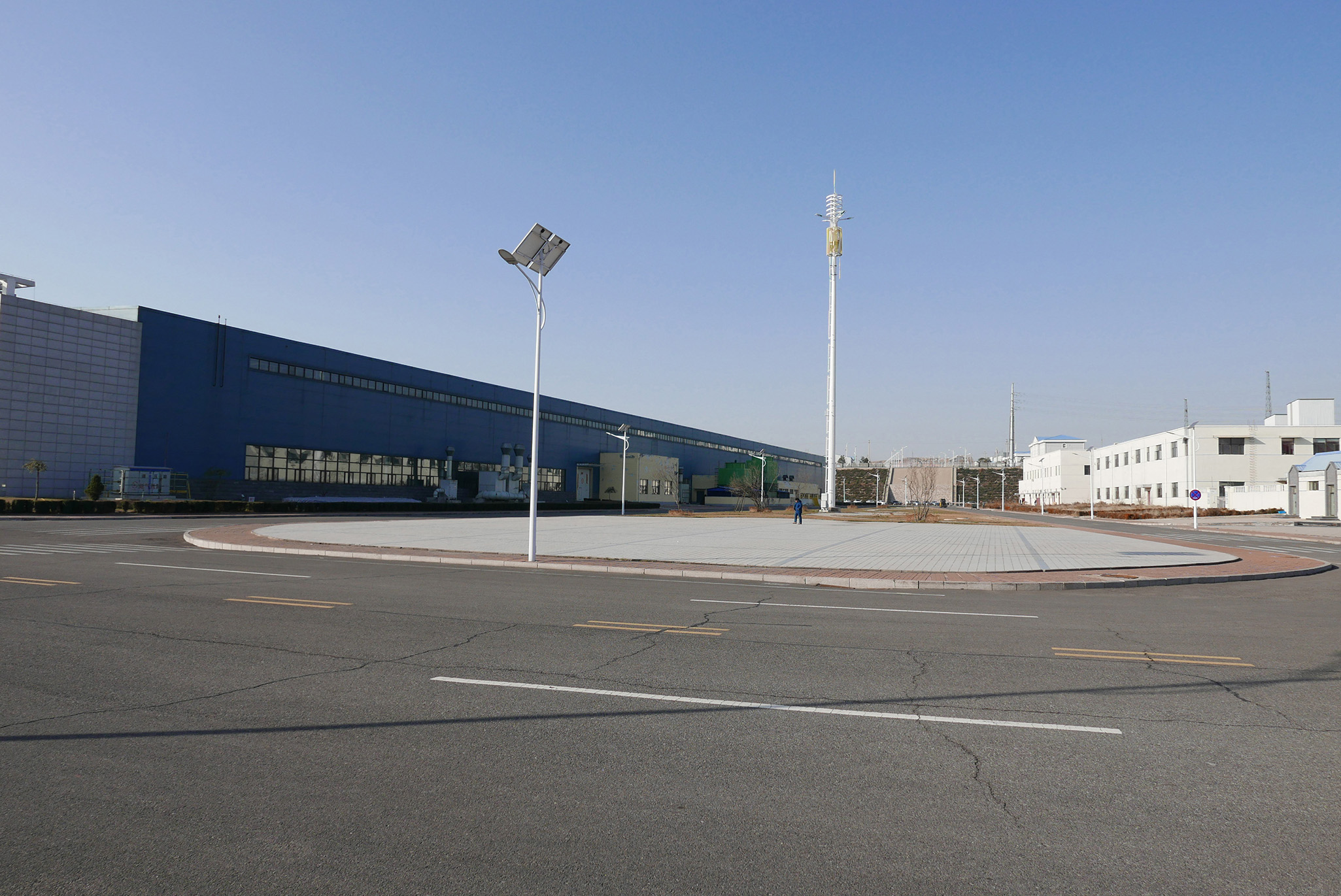Гру . 06, 2024 14:03 Back to list
Heat Exchanger Solutions for Efficient Hot Water Supply Systems
Heat Exchangers for Hot Water Supply An Essential Component in Modern Systems
Heat exchangers play a critical role in various applications, particularly in the realm of hot water supply systems. These devices facilitate the efficient transfer of thermal energy between two or more fluids, enabling the heating or cooling of water that is essential for residential, commercial, and industrial settings. Understanding how heat exchangers work and their various types can empower building managers, engineers, and homeowners to make informed decisions about their hot water supply needs.
The Function of Heat Exchangers
At its core, the heat exchanger’s primary function is to transfer heat from one fluid to another without mixing them. This process typically involves either heating cold water with hot water or cooling hot water using a refrigeration cycle. By efficiently managing temperature differences, heat exchangers help to maintain comfortable living environments, facilitate industrial processes, and conserve energy.
In hot water supply systems, heat exchangers can provide hot water for heating systems, sanitary uses, and even process requirements. The efficient utilization of hot water not only reduces energy consumption but also enhances the overall performance of the heating system.
Types of Heat Exchangers
There are several types of heat exchangers used in hot water supply systems, each with its unique mechanisms and applications
1. Shell and Tube Heat Exchangers This type consists of a series of tubes, one set carrying the hot fluid and the other carrying the cold fluid. The heat is transferred through the tube walls, allowing for effective temperature regulation. Shell and tube heat exchangers are common in industrial applications due to their robust design and capacity to handle high pressures.
2. Plate Heat Exchangers Made up of multiple thin plates stacked together, plate heat exchangers offer a large surface area for heat transfer in a compact form. They are highly efficient and are often used in residential and commercial hot water systems, as well as in food and beverage applications.
3. Air-Cooled Heat Exchangers These systems utilize ambient air to remove heat from a hot fluid. They are often found in large cooling systems or for applications where water availability is limited. Air-cooled heat exchangers are advantageous in reducing water usage but may require more energy input to achieve desired cooling.
heat exchanger for hot water supplier

4. Double-Pipe Heat Exchangers Simplistic yet effective, double-pipe heat exchangers consist of one pipe inside another. One fluid flows through the inner pipe while the other flows through the annular space between the two pipes. This design is effective for low-capacity applications and is relatively easy to maintain.
Benefits of Using Heat Exchangers
The implementation of heat exchangers in hot water supply systems offers numerous advantages
- Energy Efficiency By recovering waste heat and optimizing thermal transfer, heat exchangers significantly reduce energy usage, leading to lower utility bills and a reduced carbon footprint.
- Space Savings Many modern heat exchangers are designed to be compact, which is particularly beneficial in applications where space is limited.
- Versatility Heat exchangers are versatile and can be designed to suit various processes and systems, making them adaptable for different hot water supply needs.
- Longevity Properly maintained heat exchangers can have a long operational lifespan, providing ongoing benefits for businesses and homes alike.
Conclusion
As energy efficiency and sustainability become paramount, the importance of effective hot water supply systems cannot be overstated. Heat exchangers stand out as vital components that contribute significantly to energy conservation and system efficiency. Whether for residential hot water needs or large-scale industrial applications, understanding the role of heat exchangers empowers users to optimize their systems, enhance performance, and contribute positively to environmental well-being. With advancements in technology and design, the future of heat exchangers looks promising, paving the way for smarter and more efficient hot water solutions.
-
Durable Cast Steel Concrete Pipe Mold Bottom Rings & Base Trays
NewsAug.23,2025
-
Centrifugally Cast Iron Water Main Pipe for Reliable Mains
NewsAug.22,2025
-
Durable Centrifugally Cast Iron Water Main Pipe
NewsAug.11,2025
-
Centrifugally Cast Iron Water Main Pipes for Reliability
NewsAug.10,2025
-
High-Quality Centrifugally Cast Iron Water Main Pipes
NewsAug.09,2025
-
Durable Cast Iron Water Main Pipe & Drainage Solutions
NewsAug.08,2025


